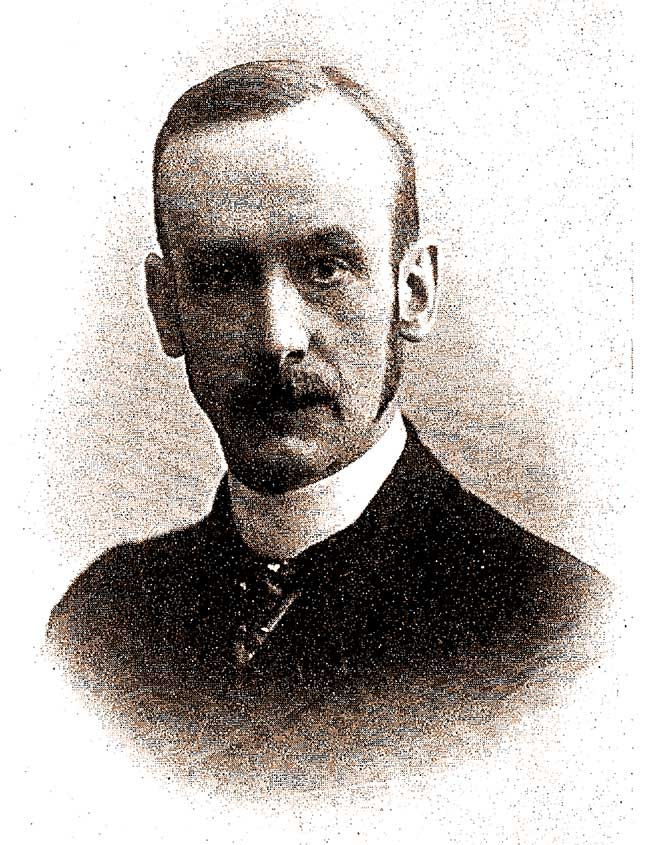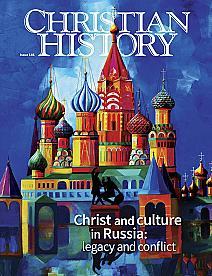BARON PAUL NICOLAY HEADED A CHRISTIAN OUTREACH IN RUSSIA

[Above: Langenskjöld, Greta. Baron Paul Nicolay: Christian statesman and student leader in northern and Slavic Europe, trans. Ruth Evelyn Wilder. New York: George H. Doran, Co., 1924. Public domain]
AT THE END of the nineteenth century, Baron Paul (Pavel) Nicolay was concerned for Russian college students. A Lutheran nobleman with an estate in Finland, he discussed the situation with missionary John Mott, observing that morals were low and spiritual needs great. Longing to do something about it, he decided that dividing his time between Christ and the Department of State was undermining his frail health. In 1899 he resigned his government position.
While Russian students were nominally Orthodox, they despised the Russian Orthodox Church as an instrument of oppression. As John Mott noted, they were more likely to be followers of Nietzsche or Schopenhauer than of Christ. Socialism appealed to the vast majority. Fed on this diet of materialism and despair, many committed suicide.
On this day, November 18, 1899, Nicolay met with four German university men and a few other concerned individuals in the home of a St. Petersburg bookseller named Grote, and the little group brought into being the city’s Student Christian Movement. The baron wrote, “We expect God to lead us step by step, and we feel the significance of this beginning, since from a grain of mustard seed it may develop into a big tree. How important to begin aright!”
For two years the sum of the group’s efforts was to hold weekly Bible studies in Nicolay’s house. Then in 1902 several students converted to Christianity and a few Orthodox joined the group. The movement began to spread throughout Russian universities.
Nicolay organized discussions, gave lectures, and preached in university cities on the need to make Christianity a practical reality in life. “The aim of all our meetings is to lead souls to Christ, to complete conversion.” This meant renunciation of sin and submitting every facet of one’s personality to Jesus. He also assisted in the work of other evangelists and was on a committee of a Swedish-backed evangelical mission whose aim was to send out evangelists.
Although the Orthodox Church opposed the “foreign” movement, it grew steadily until crushed during the Communist takeover in 1917. Nicolay witnessed the horrors of that revolution and often wrote about it, as for instance, in this note: “There are so many massacres in Kiev that I do not know which of our friends are still alive...” Once soldiers came to his estate to arrest him, but one of his Russian workmen succeeded in averting the danger.
Nicolay died in 1919 of heart trouble that had increasingly restricted his activities.
—Dan Graves
----- ----- -----
Read a lengthy quote by Nicolay in our daily quotes at "All Things Are Possible with God"
For more background on Russian Orthodoxy and the revolutions that crushed Nicolai's movement, read Christian History #146, Christ and Culture in Russia






